In the wake of the January 6, 2021, attack on the Capitol, claims emerged that the violence was instigated not by supporters of Donald Trump but by Antifa agitators or even government agents. For example, in his documentary Patriot Purge, former Fox News host Tucker Carlson suggested that federal agents played a formative role in the riots. “Direct incitement by federal agents? The intentional entrapment of American citizens? No decent person wants to believe that,” he said, as PolitiFact noted at the time. “But increasingly there’s evidence it is true.”
According to a Washington Post-University of Maryland poll released earlier this year, 25 percent of Americans believed it was “definitely” or “probably true” that “FBI operatives had organized and encouraged” the January 6 Capitol attack, with a further 26 percent saying they were “not sure” about the claim’s merit. Less than half of Americans said this theory was “definitely” or “probably false.”
The Department of Justice (DOJ) released a new report December 12 examining the FBI’s role in the leadup and aftermath of the January 6 riots. The report, released from the DOJ’s office of the inspector general, found that while 26 FBI confidential informants were in Washington, D.C., the day of the Capitol attack, there were no undercover FBI agents at the “Stop the Steal!” rallies, the breaching of the Capitol building, or within any other protesting crowds on January 6.
Some posts shared online incorrectly summarize those findings.
“Literally everything you’ve been told about January 6th is a lie,” tweeted Liz Wheeler, a right-wing influencer and podcaster. “The truth: It wasn’t an insurrection. Protesters didn’t have illegal weapons. It wasn’t ‘coordinated’—except by Feds. 26 undercover FBI sources entered the Capitol & restricted areas.” Another prominent X account with nearly 250,000 followers similarly claimed, “The IG report just released admits to at least 26 undercover FBI operatives involved on J6.”
These claims are partly false. While the FBI had 26 “confidential human sources” at January 6-related events, such sources were there of their own accord and FBI policy forbade them from engaging in any illegal activity.
FBI agents vs. confidential human sources: What’s the difference?
The report found no evidence that any undercover FBI agents were at the Capitol or other protest sites on January 6. “FBI policy does not permit the FBI to have undercover employees in crowds at First Amendment-protected events absent some investigative authority,” the report stated. In fact, one senior FBI agent in the agency’s Washington field office told the inspector general he denied another FBI office’s request to have undercover agents “engage in investigative activity on January 6.”
Confidential human sources are not FBI employees—they have not gone through formal FBI agent training and, while some are paid for their services, are not salaried employees in the federal intelligence agency.
According to the U.S. attorney general’s official guidelines, confidential human sources include “any individual who is believed to be providing useful and credible information to the FBI for any authorized information collection activity, and from whom the FBI expects or intends to obtain additional useful and credible information in the future, and whose identity, information, or relationship with the FBI warrants confidential handling.” The FBI is tasked with recording payments made to various confidential informants, though receipts are not made publicly available, so specific payment amounts and informant identities remain confidential.
Signing up to be a FBI confidential informant is not as simple as volunteering for a local soup kitchen. Informants must first pass a standardized “validation” process, which requires an FBI agent to collect personal information, including their identity, prior criminal history, and potential motivations for becoming an informant. If approved, informants must attest that information they give is truthful, shared voluntarily, and that they will “not take or seek to take any independent action on behalf of the United States Government.”
The FBI often relies on confidential informants when the agency is trying to gauge information, but lacks first-hand accounts and critical details. “[Confidential human sources] can play a crucial role in DOJ law enforcement, including the FBl's efforts to combat crime and protect national security,” the DOJ report stated. They “provide the FBI with information and insights about the inner workings of criminal, terrorist, and espionage networks that otherwise would be unavailable.”
How many confidential FBI informants were in Washington on January 6, and what were they doing there?
The report found that 26 confidential FBI informants were present in Washington on January 6. Three informants traveled there to report on the activity of specific suspects, while the 23 other informants were in the city “in connection with the events planned for January 6.”
The FBI said its informants were not allowed to engage in any illegal behavior, even if the suspects they were following participated in the unlawful Capitol attack. “None of these FBI [confidential human sources] were authorized to enter the Capitol or a restricted area, or to otherwise break the law on January 6,” the report stated, “nor was any [confidential human sources] directed by the FBI to encourage others to commit illegal acts on January 6.” However, of the 26 FBI informants, 13 illegally entered the Capitol security perimeter, while an additional four went inside the Capitol building. None have been prosecuted to date.
The U.S. attorney’s office in Washington, D.C., explained it is not giving the FBI informants special legal privileges. Rather, the office said it has generally abstained from prosecuting January 6 participants whose only offense was illegally entering the restricted Capitol area. “The D.C. U.S. Attorney’s Office generally has not charged those individuals whose only crime on January 6, 2021 was to enter the restricted grounds surrounding the Capitol, which has resulted in the Office declining to charge hundreds of individuals,” the office said in the report. “We have treated the [confidential human sources] consistent with this approach.”
In October 2021, the New York Times reported that two FBI informants—members in separate chapters of the Proud Boys, a far-right extremist group—had entered the Capitol building during the riots, based on confidential records the outlet obtained. The Times reported that an FBI agent communicating with one of the informants “appeared not to grasp that the building had been breached, the records show, and asked the informant to keep him in the loop—especially if there was any violence.” The second informant reportedly debated whether or not to enter the Capitol building with fellow Proud Boys members. When they entered, the informant followed inside, but reportedly did not engage in any violence, destruction, or vandalism. “The records say that he hurt no one and broke nothing,” the Times reported, adding the informant swiftly left the Capitol through a window upon hearing from police officers that shots were fired in the building.
Nonetheless, the report states that FBI informants relayed critical information relevant to the January 6 events. “The [Justice Department’s Office of the Inspector General] determined that many of these 26 [confidential human sources] had provided information relevant to the January 6 Electoral Certification before the event and that a few [confidential human sources] also provided information about the riot as it occurred.”
These include warnings that the Oath Keepers—a far-right militia group present in Washington on January 6—had more than 200 members traveling to D.C. and “may become involved in unplanned violent activity,” and additional warnings regarding travel plans of the Proud Boys. The FBI had informants “in more than one field office” that were reporting on Stewart Rhodes, the Oath Keepers’ leader who was later sentenced to 18 years in federal prison on charges including seditious conspiracy.
If you have a claim you would like to see us fact check, please send us an email at factcheck@thedispatch.com. If you would like to suggest a correction to this piece or any other Dispatch article, please email corrections@thedispatch.com.
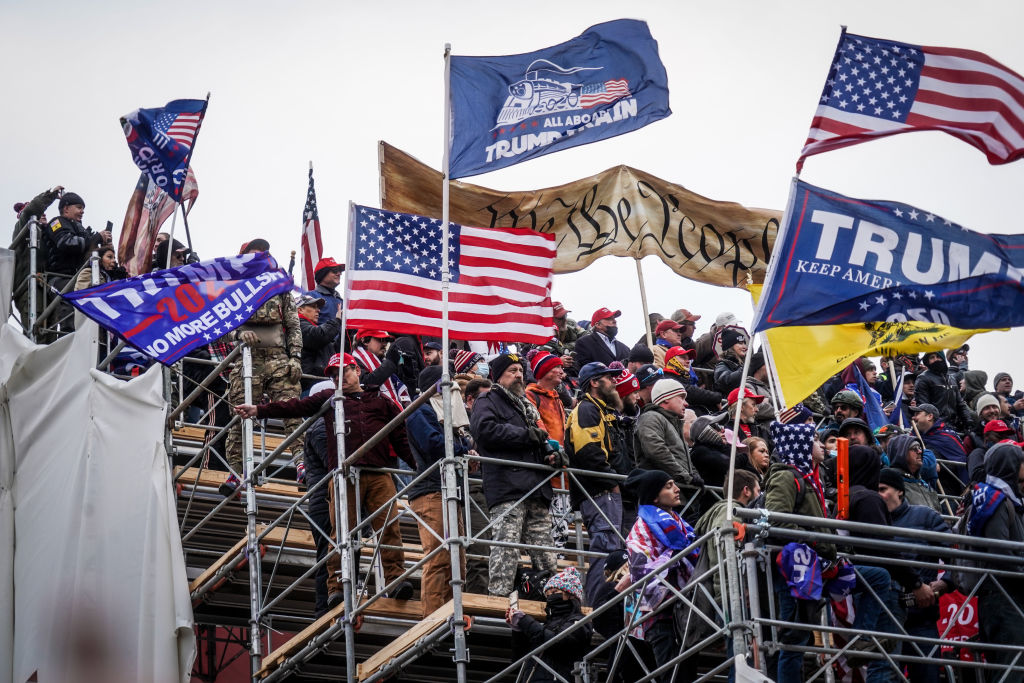

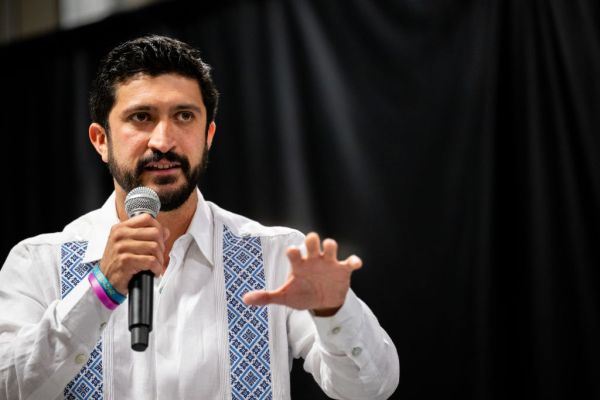
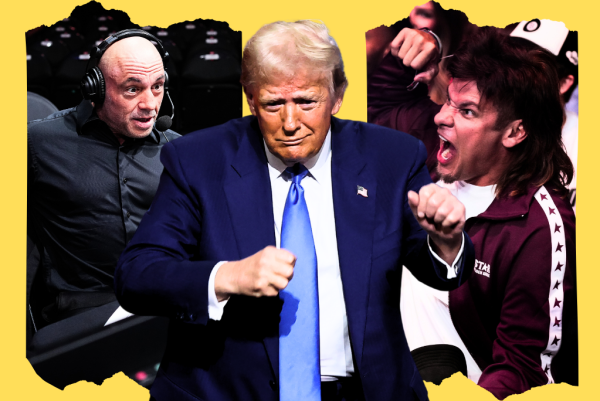
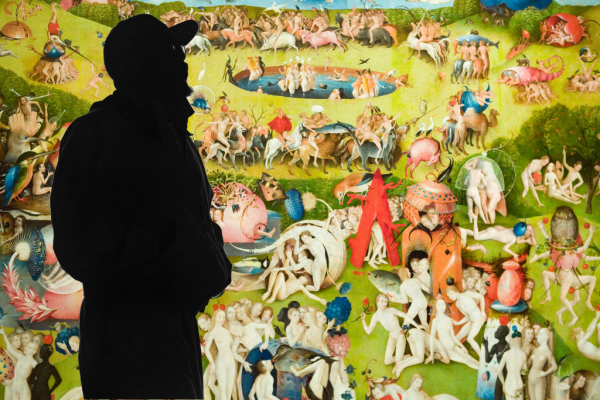

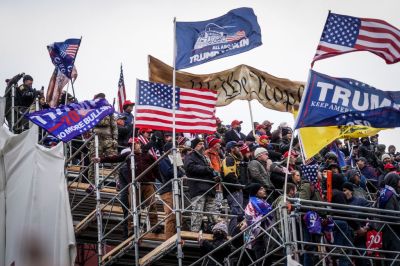
Please note that we at The Dispatch hold ourselves, our work, and our commenters to a higher standard than other places on the internet. We welcome comments that foster genuine debate or discussion—including comments critical of us or our work—but responses that include ad hominem attacks on fellow Dispatch members or are intended to stoke fear and anger may be moderated.
With your membership, you only have the ability to comment on The Morning Dispatch articles. Consider upgrading to join the conversation everywhere.